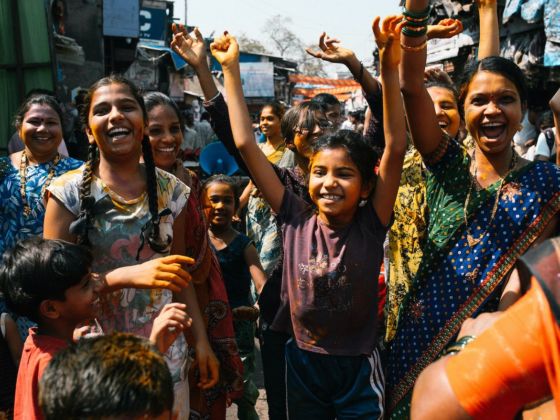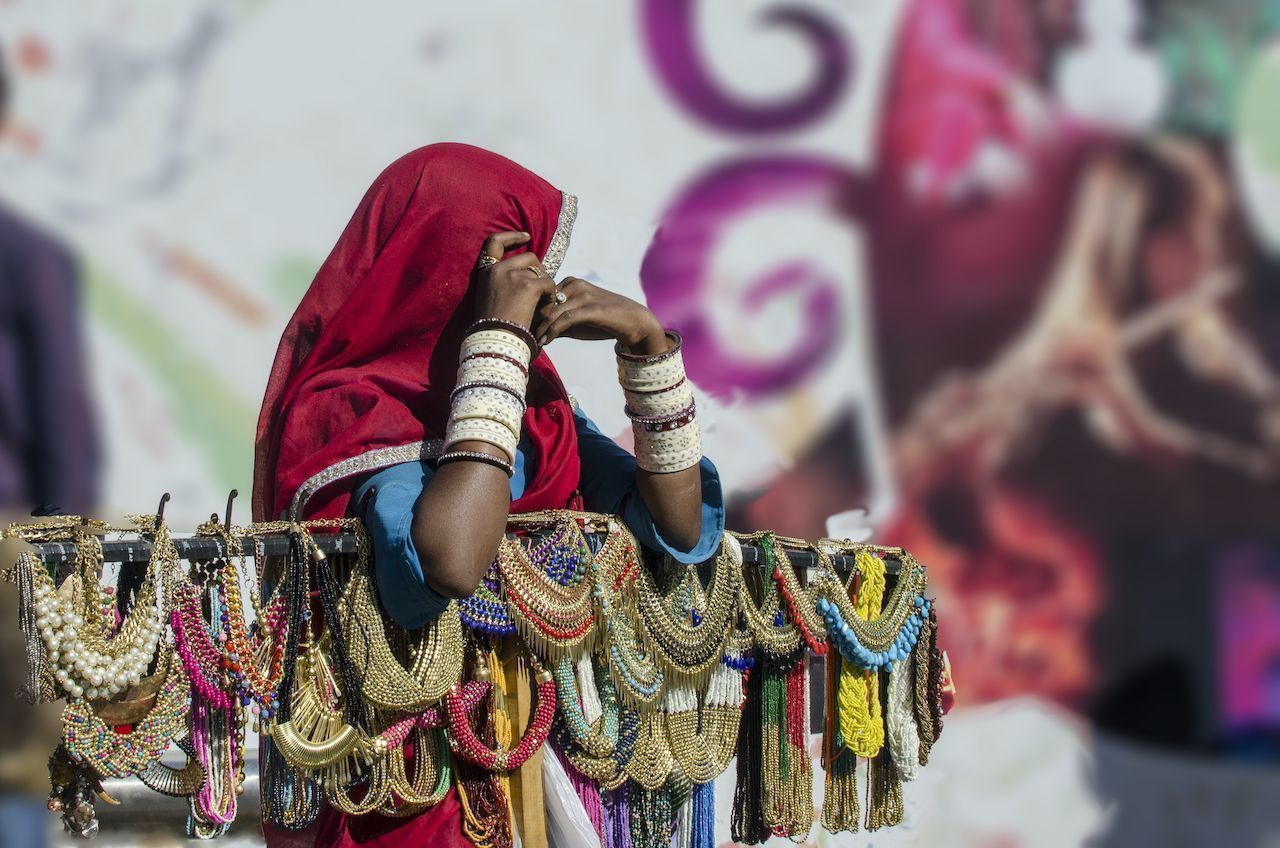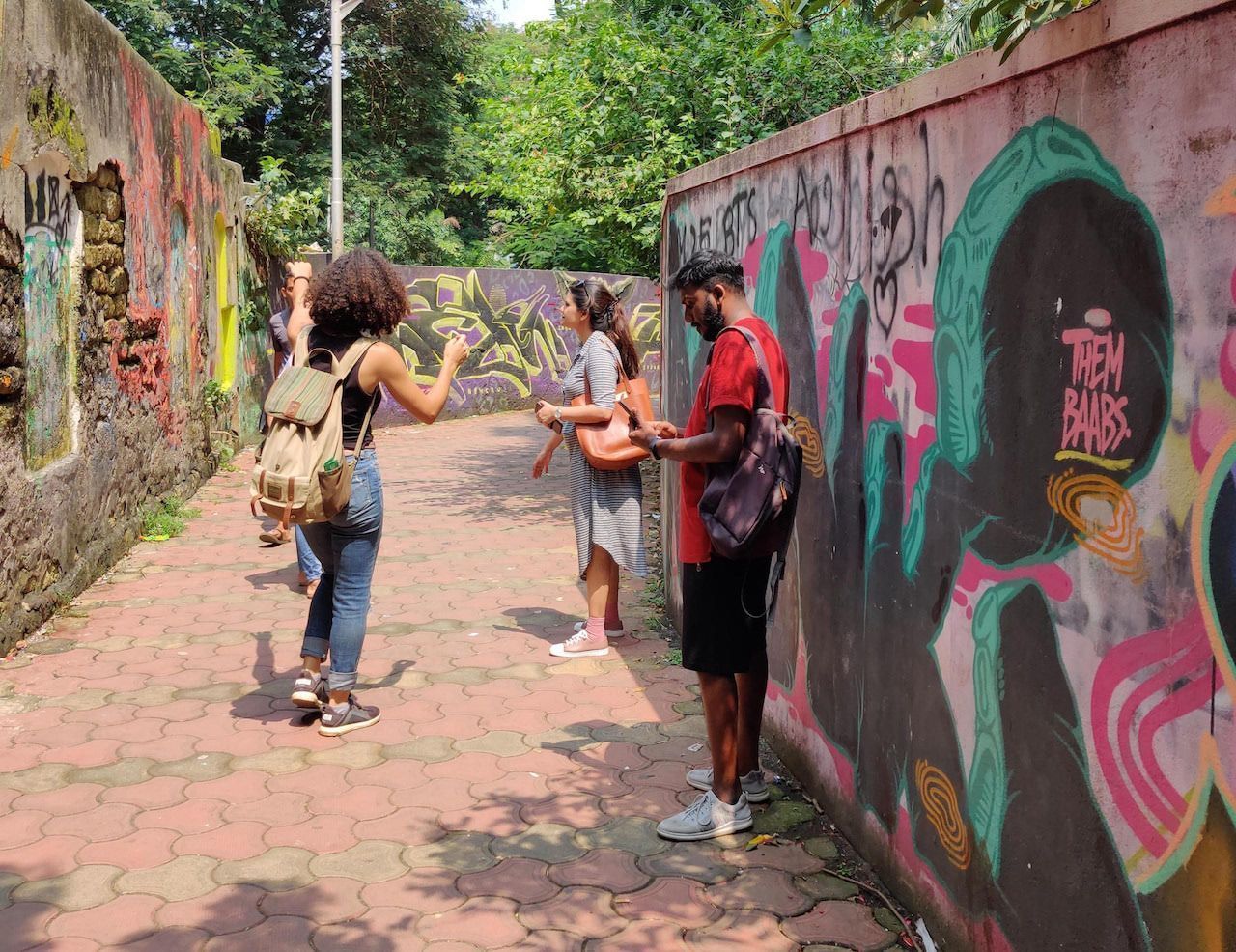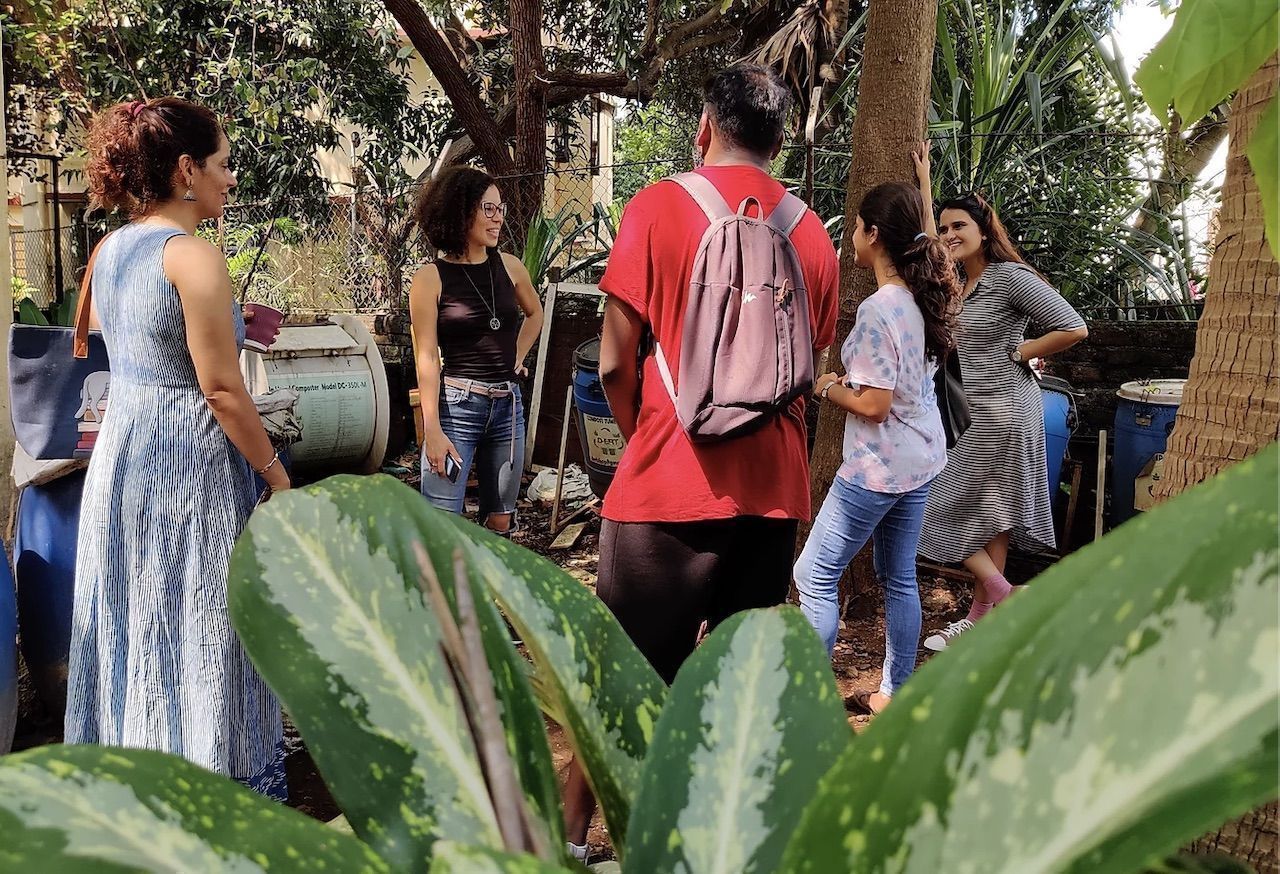Two social impact travel organizations have joined forces to offer walking tours in Mumbai, India, focused on the role of development of arts, culture, and fashion in India. The tours, named “Conscious Fashion in Colaba” and “The Role of Development on Arts & Culture in Bandra,” provide a glimpse into India’s sustainable and resourceful epoch while helping the city develop options for responsible tourism. The tours are two great examples of how India is developing one of the most dynamic social entrepreneurship environments in the world — and they’re inviting guests to the city to come and see it for themselves.

Support Women Artisans in Mumbai on These Incredible Eco-Fashion Walking Tours
The impact of tourism and fashion on Mumbai’s population

Photo: Pete Burana/Shutterstock
Only 22 percent of women are employed in the local workforce, according to Hara World, which leads the two tours, and even they earn significantly less than men for similar work. Workplace conditions are made even worse by the rise of fast fashion: All of the countries, India among them, producing inexpensive, poorly made goods to meet consumer demand face waste issues and unethical business practices. These tours, however, give visitors an inside look at organizations pushing back against fast fashion and the social and economic problems it has propagated throughout India in particular.
Hara World is on a mission to highlight women artisans engaged in work that supports their wellbeing and that of their communities. India has become a growing hub for tech innovation and is recognized globally for its development talent and initiatives, but the organization feels that it’s time visitors see a different side of Indian culture — one that values handmade, sustainable clothing, and artwork.
Providing visitors to Mumbai a way to give back

Photo: Bianca Caruana
Responsible tourism is one way to engage visitors in the shift back to a sustainable India. In January, Outlook Responsible Tourism held its fourth annual Indian Responsible Tourism Awards in partnership with the World Travel Market (WTM) and India’s Ministry of Tourism, Incredible India. Among the biggest takeaways was that in recent years, the country has developed a growing market for impactful tourism as visitors wish to give back to places they visit. The result has been the birth of two local day tours that cater to these visitors, using the money collected to employ and support local women in need.
Hara World and TribesforGOOD, two social enterprises using tourism as a force for good in India, are behind the collaboration. Hara World founder Jazzmine Raine describes the tours as “a way to provide participants with resources and tools to make a change and help create the future of India.” Visitors can choose from two different tour options (or do them both on separate days). “Conscious Fashion in Colaba” explores how clothing is made and the lives of the people who make it. The second, “The Role of Development on Arts & Culture in Bandra,” looks at societal shifts in arts and culture as the country has continued to modernize.
These Mumbai walking tours are built on the model of educating and engaging visitors in both the social and environmental issues facing India, and the solutions to eradicate them. “Conscious Fashion in Colaba” invites guests to visit sustainable fashion stores and projects and learn about brands taking a stance against the adverse implications of fast fashion. One such project visited on the tour is I was a Sari, a social enterprise that takes an eco-ethical approach to fashion by creating handcrafted designs from pre-loved saris and engaging women from underprivileged communities as the artisans of their designs.
An hour’s journey north, in the coastal suburb of Bandra, another tour takes place, called “The Role of Development on Arts & Culture.” This tour explores how communities use arts and culture in the fight for social and environmental justice in India. A visit to D-ERT, “The Earth Shop,” offers insights into zero-waste and composting solutions for the home. The tour also walks through the 17th-century Ranwar Village and observes how modern artists are keeping traditional art alive through diverse mediums. It then visits the distinguished textile store Anokhi to look at the journey of clothing from seed to design.
The tours were born out of a desire to connect travelers who want to give back but don’t know how to go about doing so, with an opportunity to do just that. Since launching in November the tours have attracted an eco-conscious audience interested in seeing a different side to one of India’s largest cities. On a recent tour, a participant named Anias said, “I highly recommend this tour for everybody interested in shopping responsibly, or wishing to get to know South Mumbai from a different perspective.”
Reserving space on a tour

Photo: Hara World
Tours run in the Colaba and Bandra neighborhoods from 10:30 AM to 1:00 PM on Fridays, Saturdays, Sundays, and cost 2000 Indian rupees (about $30) per person. Both can be booked online through Hara World. What makes the tours especially valuable to the community is that they support and employ local women who are often overlooked in the traditional workplace.
Should you find yourself especially captivated by either, Hara World also offers an immersive seven-day educational impact course that dives deep into ways that you as a volunteer in Mumbai can support local women in the workplace, contribute to efforts fighting urban poverty, and work alongside local NGOs and government programs doing the same.